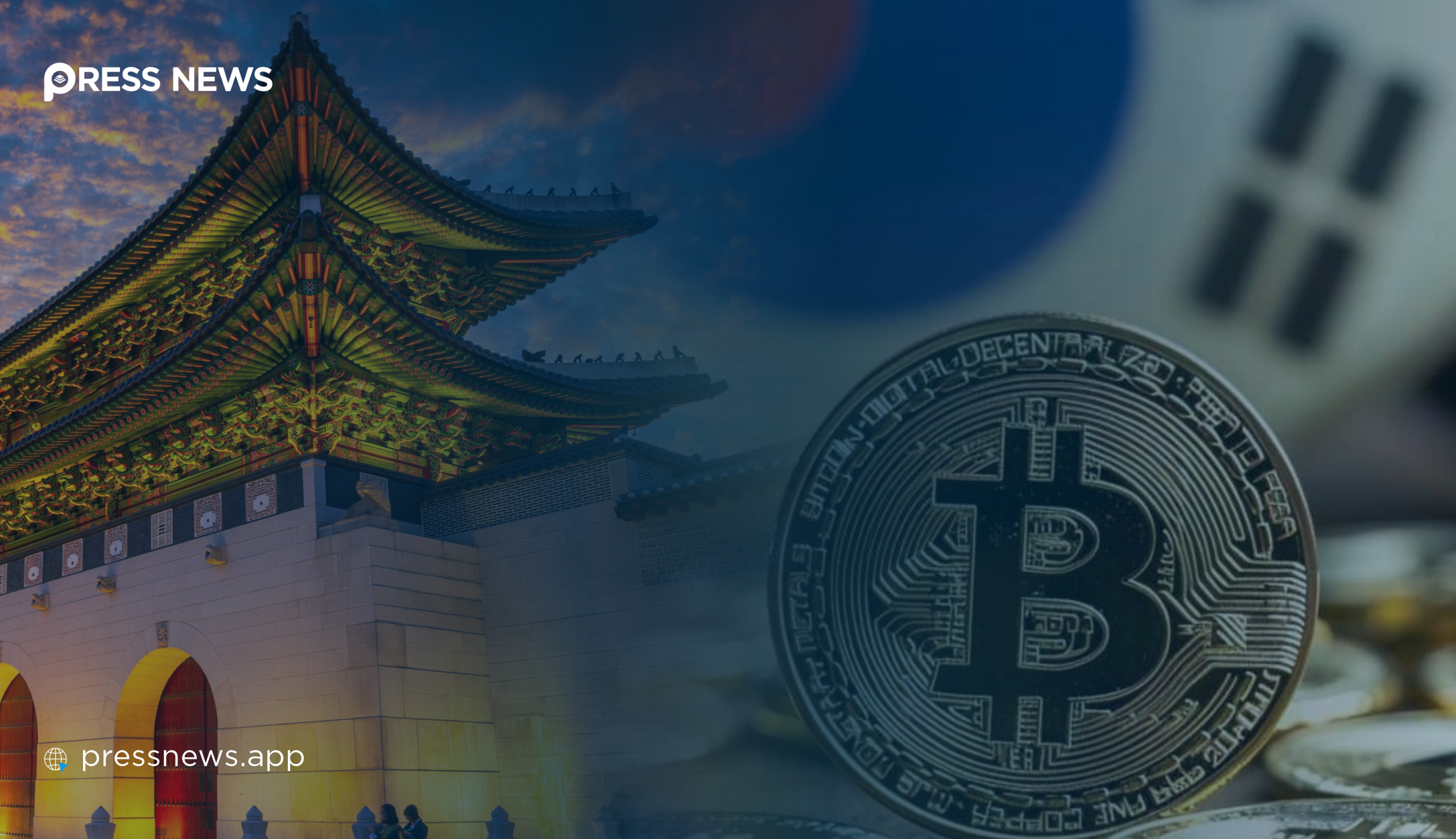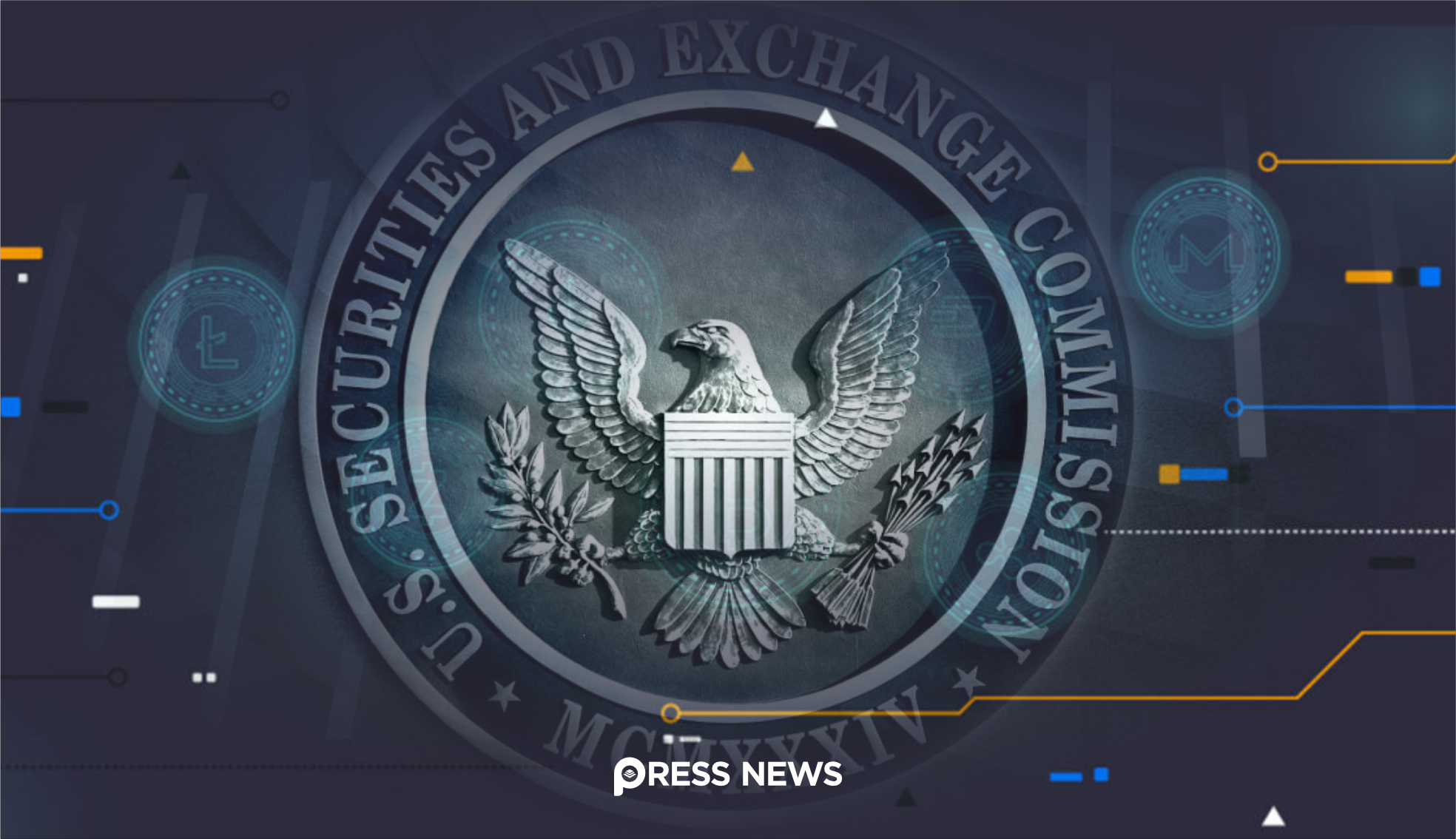Hedera Foundation Partners with The Binary Holdings to Onboard 169 Million+ Users
Seoul, June 4, 2025 — South Korea formally welcomed Lee Jae-myung as its 20th president today, ushering in a left-leaning administration eager to embrace digital assets. Lee, whose life story spans from “child laborer” to human-rights lawyer, vowed to transform the nation’s robust retail crypto market by weaving cryptocurrencies into both regulatory and financial systems. Yet, despite triumphant campaign promises, his term begins under the shadow of multiple ongoing legal battles and high-profile scandals.
Campaign Promises: Crypto-Centric Reforms at the Forefront
Throughout his campaign, Lee repeatedly emphasized that South Korea would move “beyond purely compliance-driven regulations” to fully integrate digital assets. His most notable pledges included:
- Passing the Digital Asset Basic Act (DABA) in 2025
- Approving spot crypto exchange-traded funds (ETFs), currently illegal under existing legislation
- Allowing the National Pension Service (NPS) to invest in cryptocurrencies
- Issuing a government-backed, won-denominated stablecoin
“Digital assets are not a fringe experiment,” Lee declared at a March rally. “They are an integral part of tomorrow’s financial infrastructure.”
Behind the scenes, Representative Min Byoung-duk—who leads the Democratic Party’s Digital Asset Committee—has already drafted a bill that, in his words, “establishes a self-regulatory body, creates a transparent stablecoin approval process, and clarifies rules for all crypto service providers.” Min told local media that DABA would be submitted to the National Assembly this summer with the explicit goal of securing passage before year’s end.
“We must strike a balance between innovation and accountability,” Min explained. “Our approach ensures consumer protection without stifling creativity.”
Fiat-Backed Stablecoin: Lessons Learned from Terra
Perhaps the most eye-catching—and contentious—promise was Lee’s plan to launch a centralized, fiat-backed stablecoin pegged to the South Korean won. He emphasized that this new digital currency would “avoid the algorithmic pitfalls we saw with Terra in 2022,” referring to the collapse that erased billions in retail investor savings.
“We will back our stablecoin with real won reserves kept in audited accounts,” Lee stated in a televised interview. “This is not an experiment; it is a commitment to transparency and stability.”
Analysts note that Terra’s failure remains a cautionary tale. Yet Lee insists his proposal differs fundamentally:
- Centralized Governance: Unlike Terra’s algorithmic model, the government would oversee reserve management.
- Audited Reserves: Third-party audits would run quarterly, ensuring one-to-one backing with on-hand won assets.
- Regulatory Alignment: All operations would comply with DABA’s forthcoming guidelines.
Representative Min sees a broader vision: “By leveraging South Korea’s global cultural influence—K-pop, K-dramas and the like—we can introduce a won-backed stablecoin across Southeast Asia.” He added, “Our stablecoin could become a digital bridge for remittances and cross-border commerce.”
Institutional Adoption: ETFs and Pension Funds
Lee’s push for spot crypto ETFs—currently banned—has already won support from the Financial Services Commission (FSC). Under Lee’s directive, the FSC will unveil a phased rollout plan aimed at:
- Establishing Custody Standards: Setting minimum capital requirements and security protocols for custodial services.
- Clarifying Tax Treatment: Defining tax obligations for spot ETF holders and issuers.
- Launching Pilot Programs: Allowing a limited number of ETFs to operate under an “early access” framework.
“Institutional investors need clear, reliable guardrails,” commented an FSC official on condition of anonymity. “Spot ETFs deliver that legitimacy.”
Equally bold is Lee’s campaign pledge to permit the National Pension Service to allocate up to 3% of its portfolio to digital assets—a measure that could unlock tens of billions of dollars in new capital. Critics warn of excessive risk, but proponents argue pension exposure would “signal to global markets that Korea is serious about crypto.”
Diplomatic Tightrope: North Korea and Global Partnerships
Lee’s broader foreign-policy stance centers on what he calls “balanced diplomacy.” While affirming “rock-solid ties” with the United States and Japan, he also seeks to re-open communication channels with Pyongyang. This shift carries substantial crypto-related implications.
“North Korea’s state-sponsored hackers have attacked global crypto firms to fund weapons programs,” Lee noted during a May press conference. “We must collaborate with allies to prevent illicit flows.”
Specifically, Lee has instructed his National Intelligence Service to expand information sharing with U.S. and Japanese agencies. In response to the February 2024 hack—attributed to Lazarus Group and resulting in a $1.4 billion loss—Seoul and Washington agreed to form a joint task force focused on blocking North Korea’s crypto revenue streams.
Meanwhile, neighboring China has expressed interest in deeper digital-currency ties. In a congratulatory call, President Xi Jinping told Lee that “strengthened financial cooperation, including exploring central bank digital currencies, benefits both our peoples.” South Korean officials have confirmed plans to convene a trilateral summit this autumn with Tokyo to discuss “synergies in digital finance,” according to a spokesperson for Lee’s newly formed Blue House committee on fintech.
Lingering Scandals: Legal Battles Threaten Stability
Despite his forward-looking agenda, President Lee enters office under a cloud of unresolved court cases—some dating back to his roles as Seongnam City mayor and Gyeonggi Province governor. Key legal challenges include:
- Election Law Violation: The Supreme Court ruled that Lee “made false statements” during his 2022 campaign. A retrial is set for June 18 at the Seoul High Court. Whether presidential immunity under Article 84 applies remains contested.
- Seongnam Corruption Allegations: Prosecutors charged Lee with collusion in a property project that allegedly inflated land values at the city’s expense. Trial ongoing at Seoul Central District Court.
- Misuse of Public Funds: Lee faces accusations of using Gyeonggi Province funds for personal expenses; case heard in Suwon District Court.
- Illegal Money Transfer to North Korea: Alleged 2018 violation of the Foreign Exchange Transactions Act; under review in Suwon.
- Subornation of Perjury: Despite a lower-court acquittal, prosecutors appealed, and Lee now appears before the Seoul High Court over charges of instructing a witness to lie in 2019.
“This is uncharted territory,” said Professor Kim Eun-jung of Korea University’s School of Law. “A sitting president facing multiple criminal indictments could set a historic precedent.”
Lee’s allies argue that these charges are politically motivated. “Our president is a reformer under attack,” claimed Cho Hyun-sik, a senior lawmaker in the Democratic Party. “These lawsuits aim to stall vital policy progress for the sake of partisan gamesmanship.”
Day One Rollouts: Regulatory Sandboxes and Legislative Action
On his first day in office, President Lee issued executive orders to:
- Reconstitute the Digital Asset Committee: Tasked with finalizing DABA amendments—expected to clarify licensing requirements, capital thresholds, and consumer-protection measures.
- Expand the FSC Sandbox Program: Allowing blockchain startups and fintech firms temporary regulatory waivers to pilot new products, including decentralized-finance (DeFi) applications and tokenized securities.
- Convene a Fintech Advisory Council: Comprising banking executives, tech entrepreneurs, and academic experts to “accelerate digital-asset innovation while upholding financial stability.”
“Regulatory sandboxes give us the flexibility to test cutting-edge ideas safely,” said Kim Min-joon, CEO of KorFinTech, a leading blockchain incubator. “Today’s actions already have teams racing to submit pilot proposals.”
Several major exchanges reported modest increases in trading volume within hours of the inauguration. “Investors sense reduced regulatory bottlenecks,” said Lee Sung-ho, CEO of KryptoX. “We plan to file for an exchange license under DABA as soon as the bill is signed.”
Institutional Caution: Pension Funds and Hedge Funds Hold Back
Despite optimism, most institutional managers remain on the sidelines. A recent survey by the Korea Capital Market Institute found that only 28 percent of fund managers intend to allocate capital to crypto in the next 12 months—a decline from 35 percent just six months ago. The top concerns cited were “tax uncertainty,” “custody risk” and “lack of standardized governance.” Many await detailed DABA guidelines before committing.
“Spot ETFs are an attractive proposition,” admitted Park Hyun-woo, a portfolio manager at Hana Capital. “But we need clarity on how trading, custody, and compliance will actually work.”
Looking Ahead: A High-Stakes Crypto Experiment
President Lee’s administration inherits both an ardent crypto community and a wary institutional sector. Key milestones to watch include:
- Passage of DABA by December 2025: Will the National Assembly approve the bill’s final text?
- Official Guidelines for Spot ETFs: When and how will the FSC formalize its phased rollout?
- Won-Backed Stablecoin Blueprint: Will the central bank sign off on reserve requirements, audit procedures, and governance structures?
- Outcome of June 18 Election Retrial: If Lee is found guilty, could he be forced to step aside or face impeachment?
“The world will be watching,” said Professor Kim Eun-jung. “If Lee can successfully navigate these legal storms and deliver on his crypto promises, South Korea could become a global fintech powerhouse. If not, the backlash may be severe.”


 Press Labs Inc.
Press Labs Inc. 








